
Flu-Fighting Foods
The Best Dishes for When You Are Sick Flu season is around the corner, and while preventative measures such as vaccination and hand washing can

The Best Dishes for When You Are Sick Flu season is around the corner, and while preventative measures such as vaccination and hand washing can
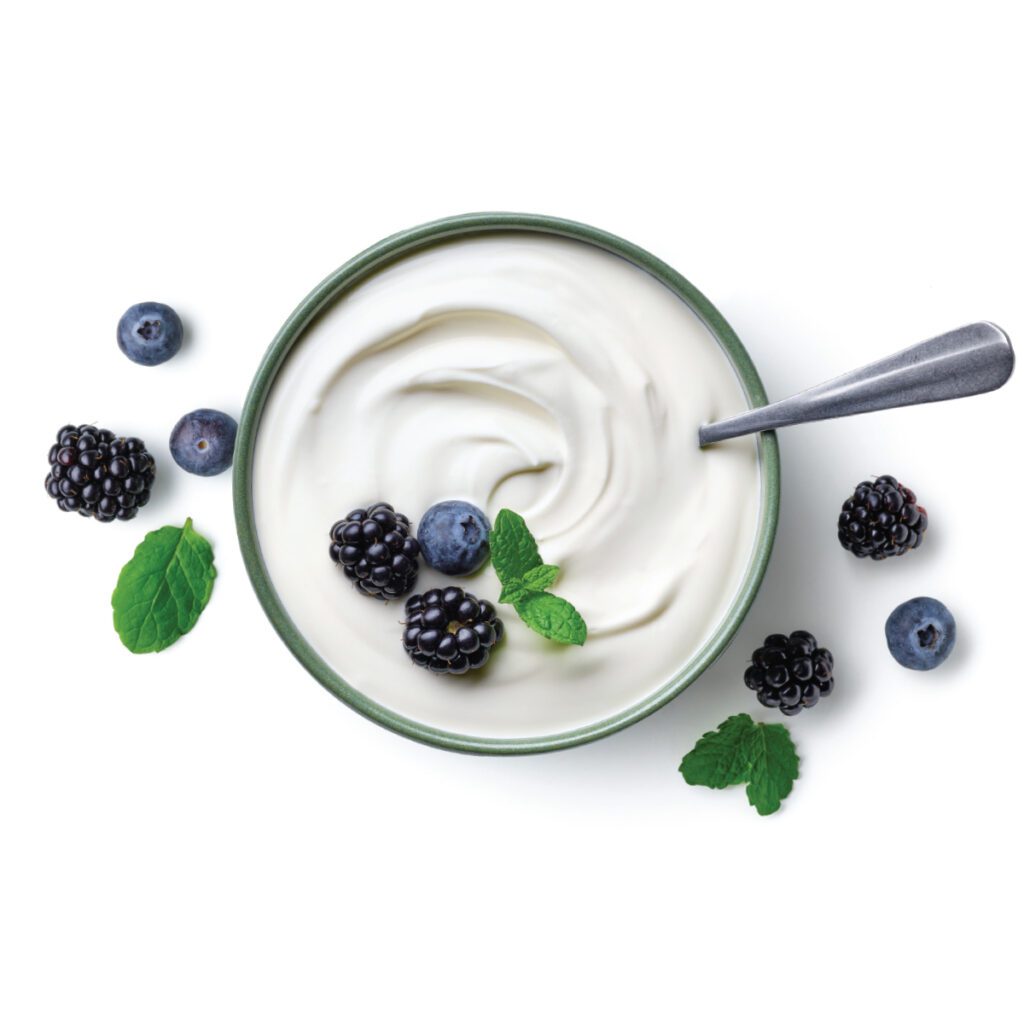
Fast Facts on Fermented Foods The Surprising Health Benefits of Fermentation When you think of superfoods in the health world, pickles and sauerkraut probably aren’t

Whether due to allergies, accessibility, time constraints, or food preferences, it’s not always easy to eat a balanced diet – which, unfortunately, can lead to
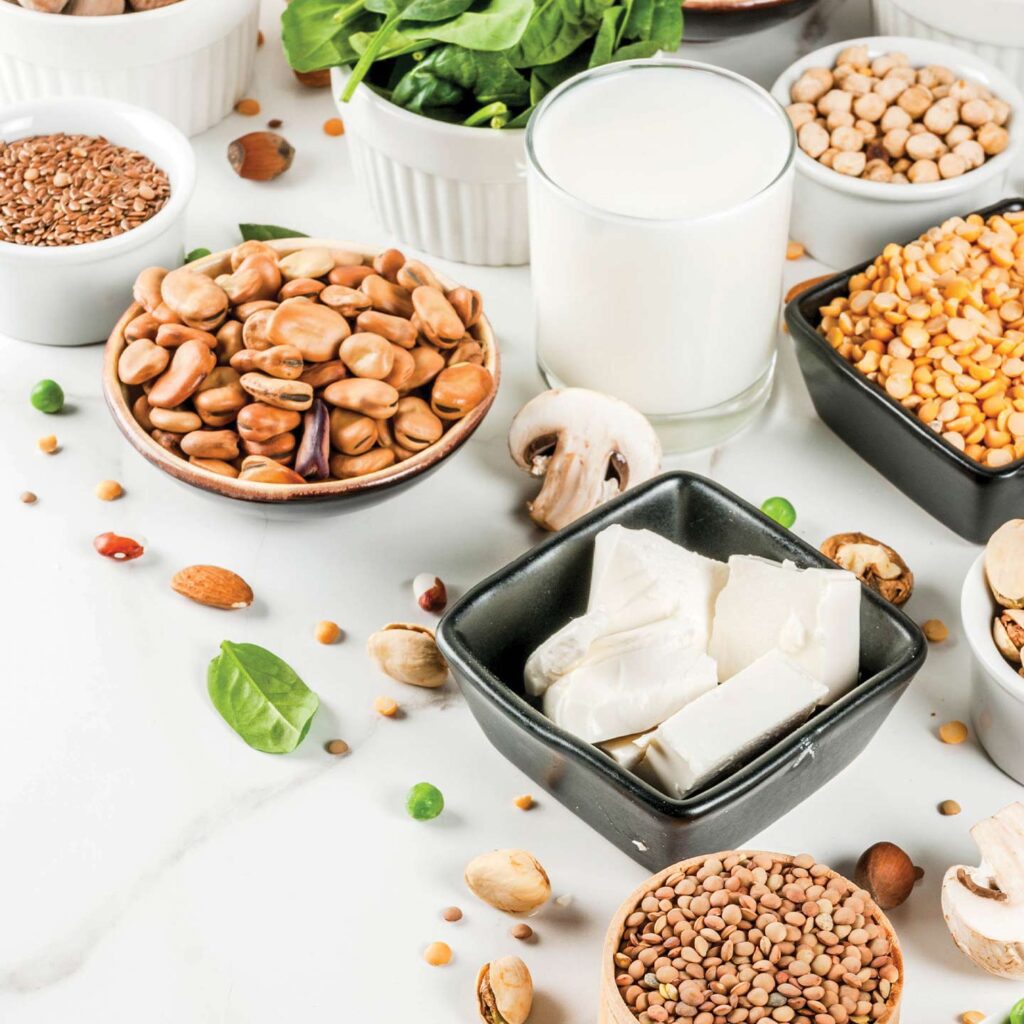
Your Pressing Protein Questions, Answered Protein is an essential part of a healthy diet. This macronutrient promotes muscle growth, enhances immunity, and fuels your energy,

It’s no secret that a healthy, radiant complexion is a product of how we eat, but some foods take it one step further and actually

Why Your Morning Meal Matters You’ve heard it said all your life: “Breakfast is the most important meal of the day.” But is this adage

A healthy diet is always important, whether you’re three, 43, or 73, but especially as you age and your body’s needs change. Good nutrition can
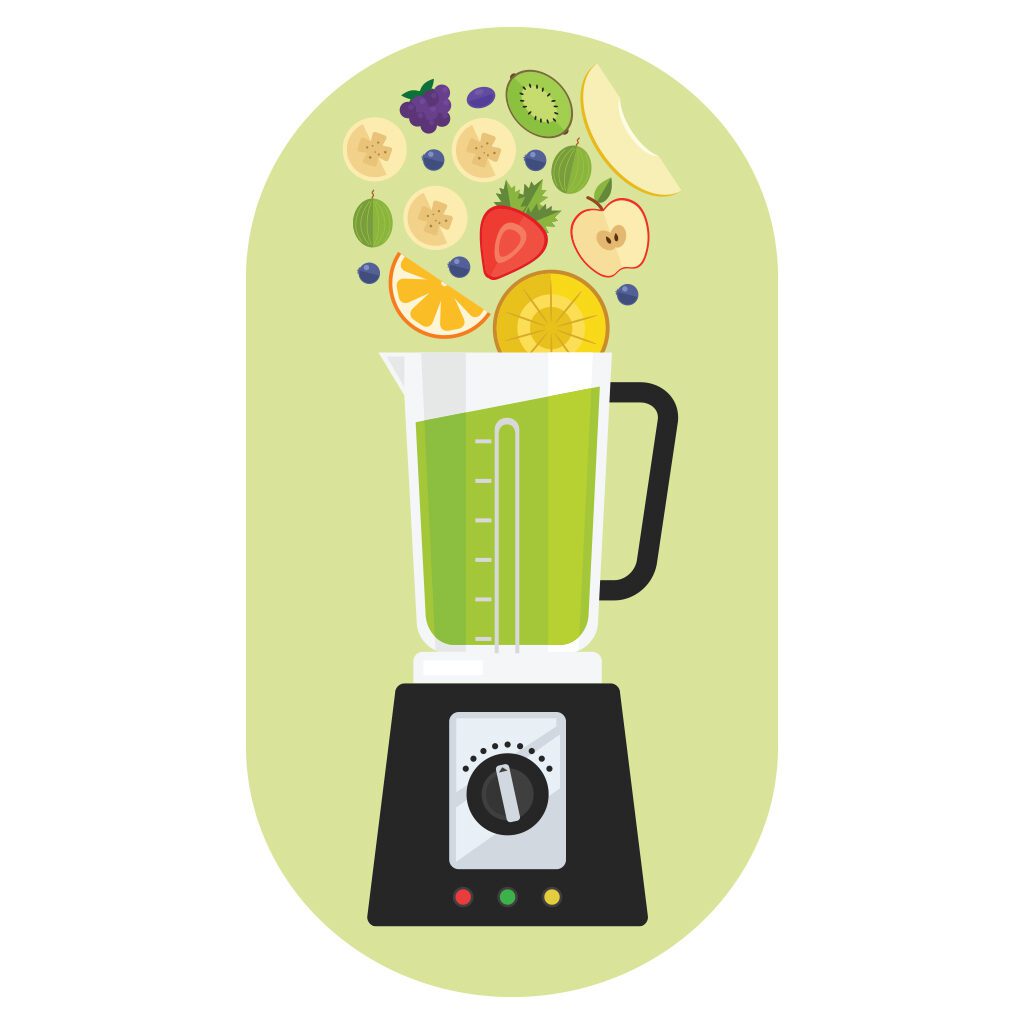
It’s 8 a.m. You slept through your alarm and are now running out the door to make your morning meeting, grabbing a pre-packaged granola bar
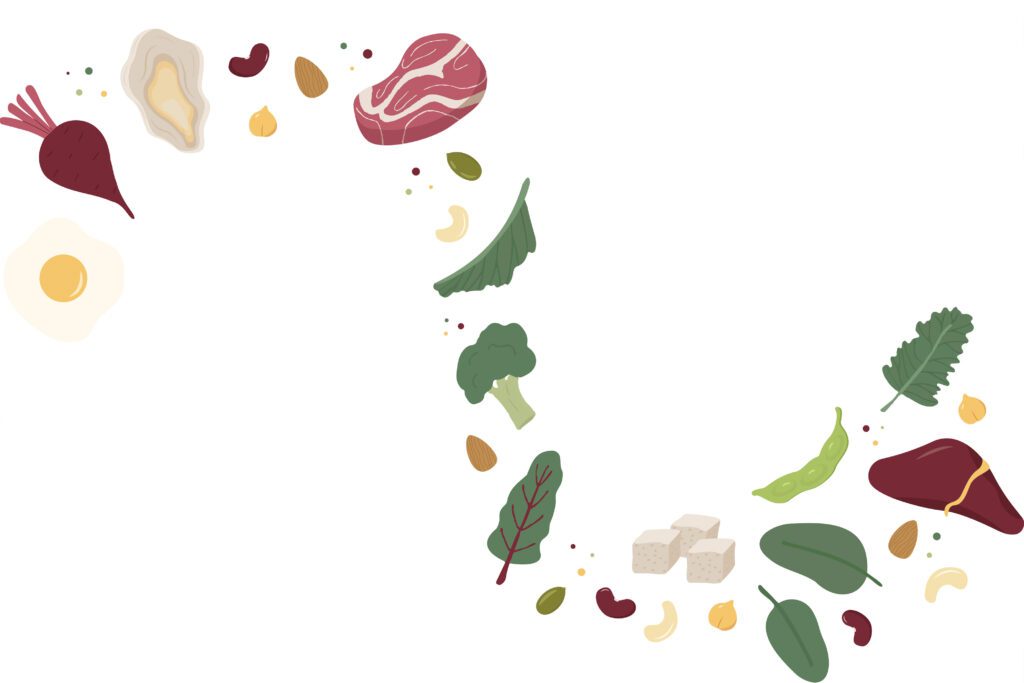
What You Need to Know Unless you’re living on ice cream and salad dressing, there’s a good chance you’re consuming iron – an essential nutrient

5 Tips for a Happy, Healthy Holiday Season Pass the figgy pudding and a glass of eggnog – the holidays are here, and that means
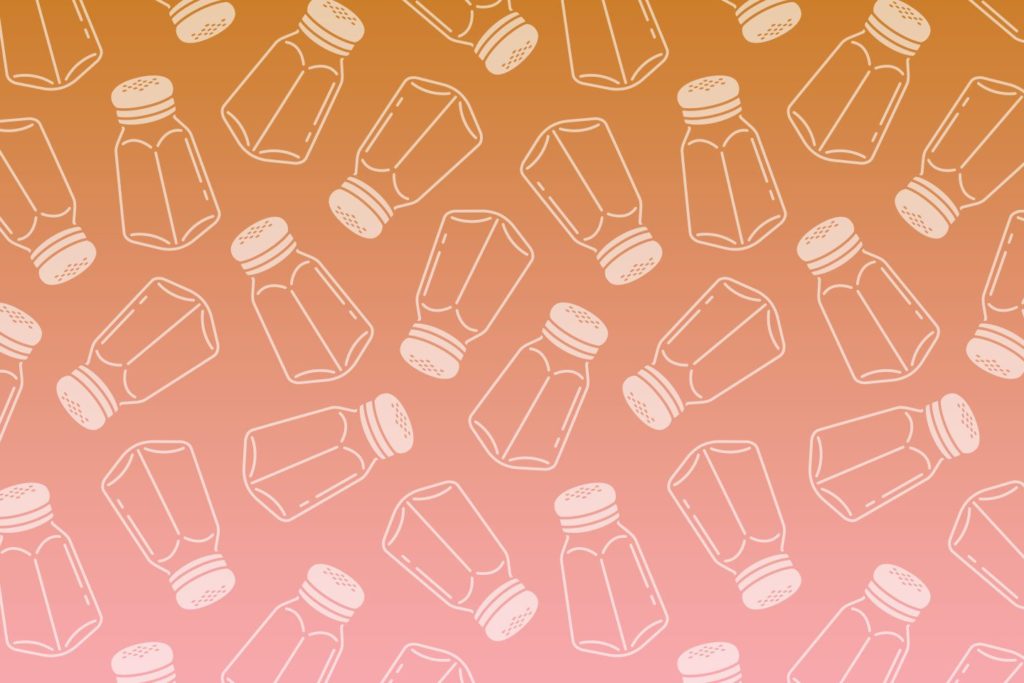
Learn More About This Misunderstood Mineral Whether subconsciously or not, you’ve probably made a food choice in the past based on sodium content (for example,
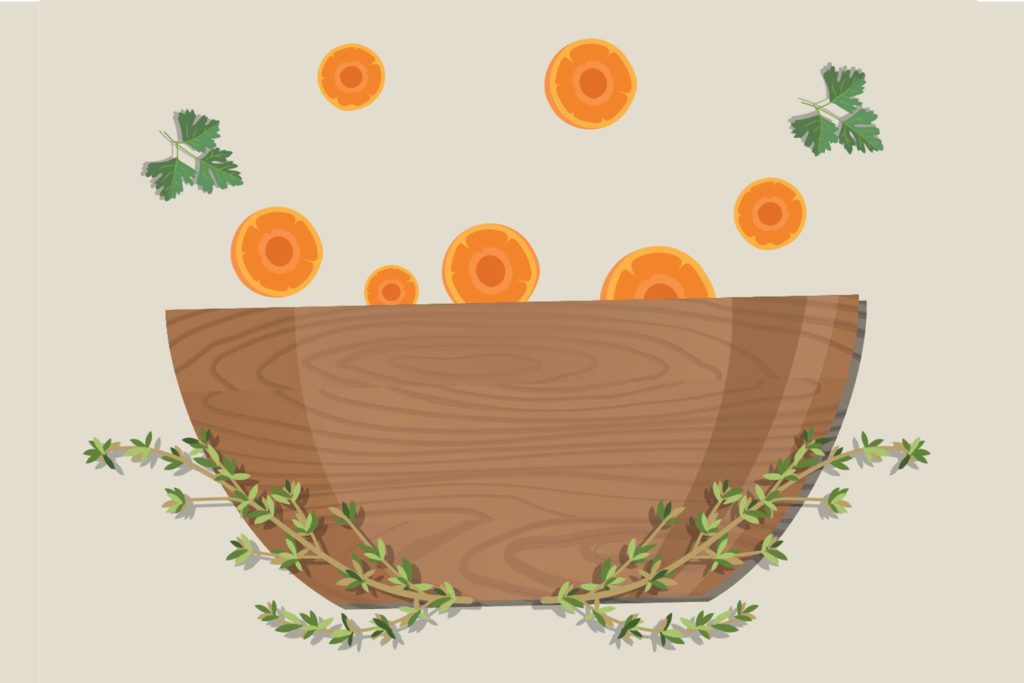
How to Fix These Common Diet Blunders We’ve all made decisions about the food we eat in the name of better health – and that’s
HEALTH
BEAUTY & STYLE
LIFE
RELATIONSHIPS
FOOD
FITNESS
PERSONAL GROWTH
ABOUT US
HEALTH
BEAUTY & STYLE
LIFE
RELATIONSHIPS
FOOD
FITNESS
PERSONAL GROWTH
ABOUT US
HEALTH
BEAUTY & STYLE
LIFE
RELATIONSHIPS
FOOD
FITNESS
PERSONAL GROWTH
ABOUT US
HEALTH
BEAUTY & STYLE
LIFE
RELATIONSHIPS
FOOD
FITNESS
PERSONAL GROWTH
ABOUT US
HEALTH
BEAUTY & STYLE
LIFE
RELATIONSHIPS
FOOD
FITNESS
PERSONAL GROWTH
ABOUT US
HEALTH
BEAUTY & STYLE
LIFE
RELATIONSHIPS
FOOD
FITNESS
PERSONAL GROWTH
ABOUT US
HEALTH
BEAUTY & STYLE
LIFE
RELATIONSHIPS
FOOD
FITNESS
PERSONAL GROWTH
ABOUT US